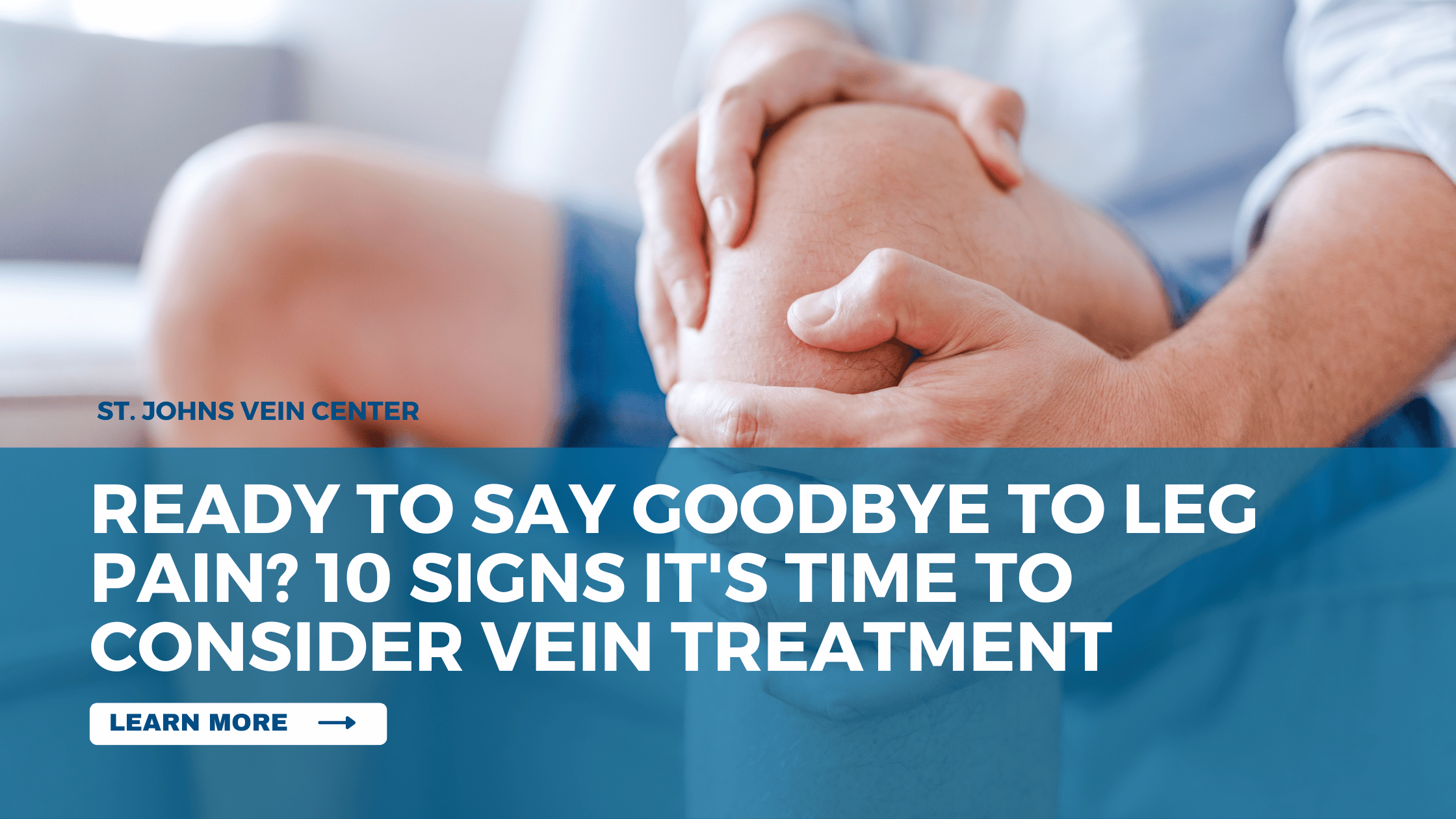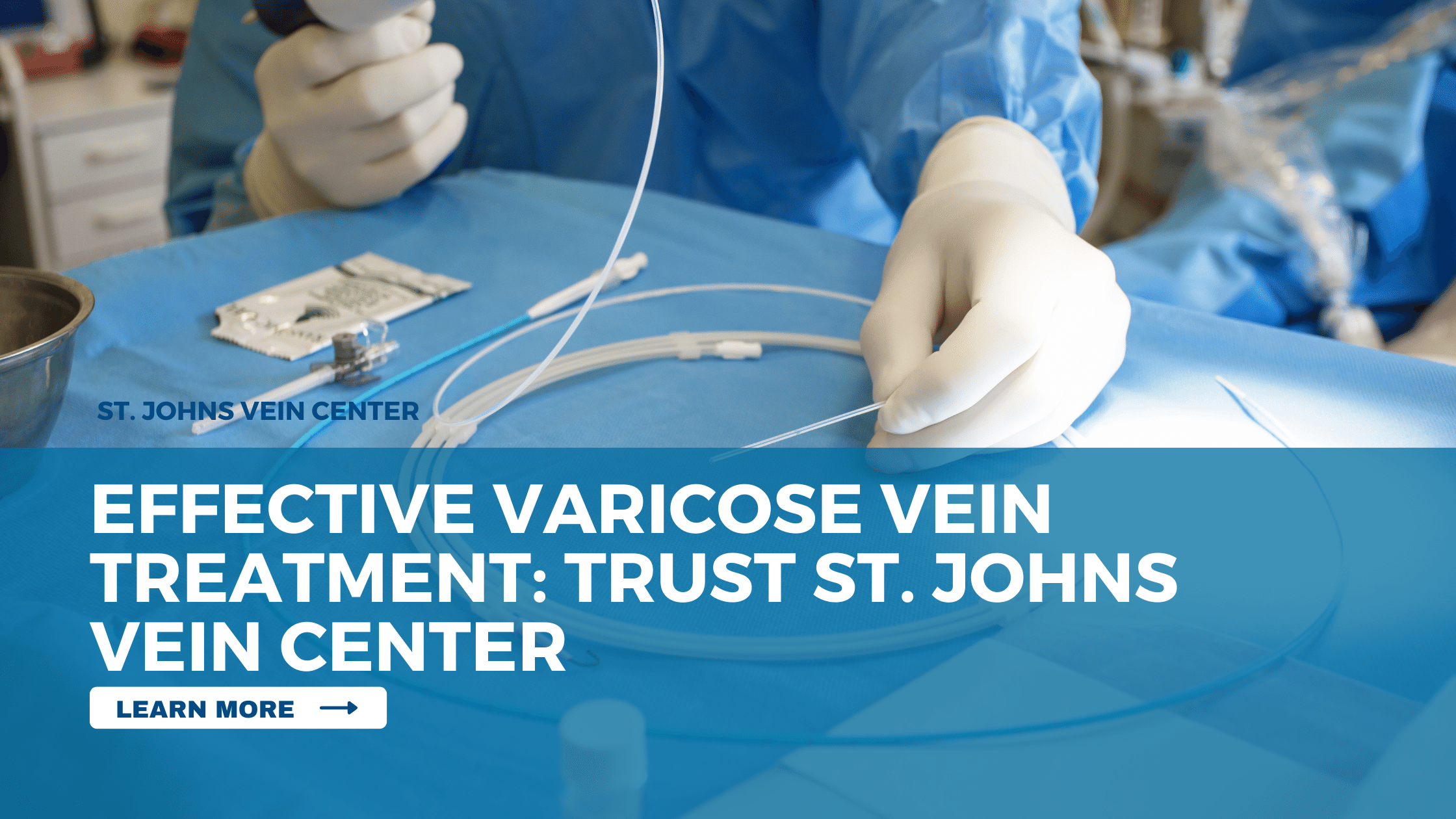
If you experience swelling in your feet, legs or ankles, it could be edema. While typically painless, leg swelling can signify a serious health condition, depending upon the root cause.
Who is at Risk for Leg Edema?
Leg edema is most common among elderly patients, those who are very overweight or are suffering blood clots. Women may experience noticeable edema when they are menstruating, pregnant or undergoing estrogen therapy.
What can cause Leg Edema?
Jobs that require prolonged periods of standing, or long airplane, train or car rides also can cause swelling and lead to varicose veins. And edema can be common after-effect of pelvic surgery, particularly for cancer patients. Edema may also signify serious conditions such as blood clots, heart failure, kidney failure or liver failure. Each of these conditions involves excessive amounts of fluid in the body.
Significant leg edema can be a side effect of several medications including:
- Antidepressants, including MAO inhibitors (such as phenelzine and tranylcypromine) and tricyclics (such as nortriptyline, desipramine, and amitriptyline)
- Blood pressure medicines called calcium channel blockers (such as nifedipine, amlodipine, diltiazem, felodipine, and verapamil)
- Hormones like estrogen (in birth control pills or hormone replacement therapy) and testosterone
- Steroids
Tips to avoid Leg Edema?
- Adopt a regular exercise routine that works out your leg muscles
- Eat a nutritious, high-fiber, low-salt diet to help maintain a healthy weight and reduce fluid buildup
- Nix the smoking habit
- Avoid wearing tight clothing and high heeled shoes
- Take frequent brisk walking breaks from jobs that require long periods of standing or sitting
- When lounging, raise your legs above your heart level
Most importantly, schedule a consultation with an experienced vein specialist if you have prolonged or reoccurring instances of leg, foot or ankle swelling. This may be urgent if the swollen area is red or warm to the touch; or if you are pregnant and have sudden or severe swelling. Call 911 if you also have shortness of breath or chest pressure, tightness or pain.
For Leg Edema Treatment Contact St Johns Vein Center
Dr. James St. George, renowned vein specialist and founder of Jacksonville’s St. Johns Vein Center can be reached at 877-640-VEIN (8346). Don’t wait until your edema gets worse or leads to serious, possibly irreparable harm. Call to schedule a consultation today.



